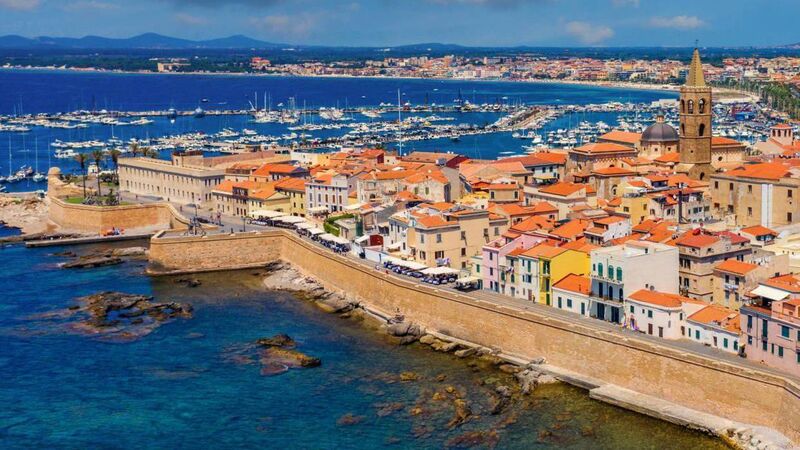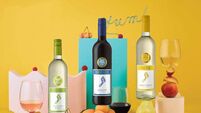The secret to a long and happy life? Just live like a Sardinian

Their secret seems to be the simple things that we all recognise and even vaguely remember - but have put on the long finger as we bustle about in our busy, online lives.
After doing some digging, I think I know their secret - which could apply easily to all of us if only we put the brakes on and thought about what is really important in our lives. Here’s what I found.
The Sardinian diet is based on eating foods that are locally grown, natural and organic and simple ingredients - this is key to helping them to avoid a lot of food-induced diseases like obesity, diabetes, and cancer.
We don’t hear this often enough because our world is filled with marketing messages from a profit- driven food industry telling us what to eat, and a pharmaceutical industry telling us what medications to take to cure us. The billion dollar industry that has exploded around Ozempic is a classic example.
Their diet is high in carbohydrates, which have been labelled ‘unhealthy’ in recent decades. But that doesn’t seem to make older Sardinians unhealthy like it does many of us in the industrial western world.
What is possibly more important in the Sardinian story is not so much the amount of breads and pasta they are eating, but what they are not eating. Compared to the average western diet - stuffed with processed food high in refined sugar, salt and fat and filled with additives and preservatives - Sardinians are doing the opposite.
Their diet is focused on all the foods that we are eating much less often - locally grown, natural, and organic, simple ingredients. This is something that we can all learn from; shop the perimeter of the supermarket; grow your own vegetables; avoid processed foods; cook from scratch; buy local.
Rose Anne Kenny, author of Age Proof and Professor of Medical Gerontology at Trinity College Dublin, describes another key feature of the life of Blue Zone centenarians- the application of an 80% rule - they stop eating when they are 80% full and eat the smallest meal in the early evening.
Prof Kenny emphasises how older people in the Blue Zones not only have extended longevity but also remarkably good health, with fewer illnesses in old age than we encounter elsewhere.
That makes them stay really active well into their eighties and nineties. In Ireland they would be Super Agers. In Sardinia, it is just the way they live.
The research is robust on the effects of a sedentary lifestyle. The evidence clearly shows that not being active increases the risk of obesity, diabetes, cancer, heart disease and dementia.
There are big reasons that Sardinians are living to 100 plus - because they are avoiding the illnesses that are killing the older age-group in much of the rest of the western world.
If a great diet and active lifestyle diet wasn’t enough for a healthy life into old age - even the Sardinian wine seems to have great benefits. It is called ‘Cannonau Wine’. Made from grenache grapes grown in the local vineyard, it is supposed to have three times the antioxidants of the average red wine.
Instead of drinking high calorie beers, sugary cocktails and high-sugar white wine, they opt for a healthier locally grown red wine.
One of the main differences between Sardinia and the rest of the western world is their attitude.
Instead of prioritising a life of work, stress and ‘busyness’, Sardinians prioritise family, positivity and community. They spend large chunks of their time with family, socialising with their community, and pursuing their hobbies.
Making family, community and leisure time a priority has a huge impact.
Stress has a massive impact on our health- a key stress reliever for Sardinians is ‘happy hour,’ sharing wine and conversations with friends and family.
Prof Kenny concludes that Sardinians have the ideal scenario - better health coupled with longer lives - made possible by a delicate balance between holding onto elements of a traditional lifestyle coupled with increased wealth and better medical care.
Good medical care needs to be balanced with a healthy respect for what matters - tending to your garden, sharing slow meals around a table, holding your friends and family close, pursing your hobbies with a passion, and walking everywhere.
Let’s be much more optimistic about what we can do for ourselves.
Dr Catherine Conlon is a public health doctor in Cork and former director of human health and nutrition, safefood







 App?
App?







